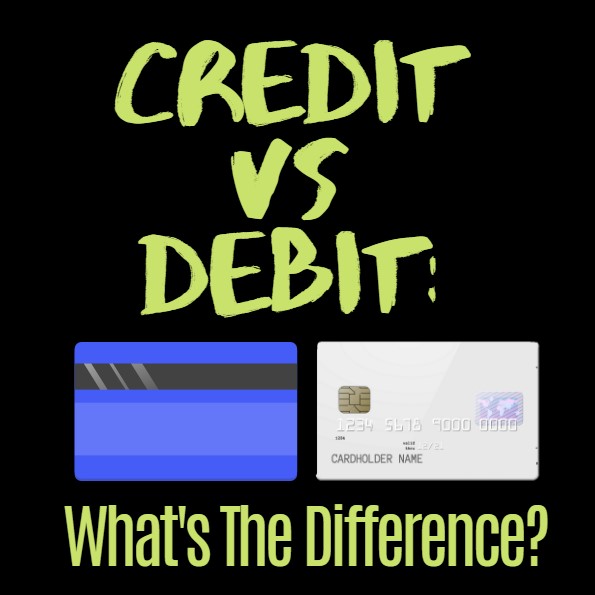It looks like a credit card, swipes like a credit card, but isn’t a credit card. it’s amazing how many people think that they are one and the same. Basically, a debit card is an electronic check. The payment is deducted directly from your checking or savings account.
Debit cards are handy so handy, in fact, that almost 70 percent of American households have them. They are more convenient to carry than cash or a bulky checkbook, plus swiping the card is easier and faster than writing a check. In addition, there are no interest payments. Finally, you can use your debit card’s cash-back feature to get cash when you make purchases, avoiding a separate trip to the bank or ATM.
Debit Cards (Difference Between Credit Cards & Debit Cards)
Here are the differences between debit and credit cards:
1. Building Credit
You are not building credit with a debit card as you do with a credit card, which means that good habits go unnoticed. However, by using your debit card instead of your credit card, you avoid debt, costly interest, and late payments that can harm your credit.
2. Fraud Protection
Debit cards do not typically give you the same fraud protection as credit cards do. Federal regulations are different for debit cards when it comes to financial liability. When using a credit card, you are generally responsible for the first $50 of fraudulent charges, whereas your liability on many debit cards can be as high as $500. In addition, unlike a credit card, if there is a problem with your purchase, you are not able to withhold payment until further investigation by the credit card company.
3. Lost or Stolen Cards
A debit card is like a blank check, so you need to guard the card and the number on the card. If your card gets stolen, a thief can empty your bank account in minutes. Thieves don’t even need your card. As long as they have your name and card number, they can shop online or over the phone with your card information.
4. Merchant Disputes
If there is a dispute regarding a purchase that you made, you are in a weaker position when you use a debit card instead of a credit card. The merchant already has your money when you pay with a debit card. So, while the dispute is taking place, your money will remain with the merchant and you will only see that money refunded if you win the dispute.
5. Fees
Banks prefer the credit option when you use your debit card because they make more money in fees. For a $200 transaction, for example, a bank could make $1.99 if the customer chooses the “credit” option and signs his or her name. This is more than three times the sixty cents they typically make from customers who choose “debit” and enter a PIN number. These charges depend on the location of the transaction since all companies have different contracts based on size and other variables.

